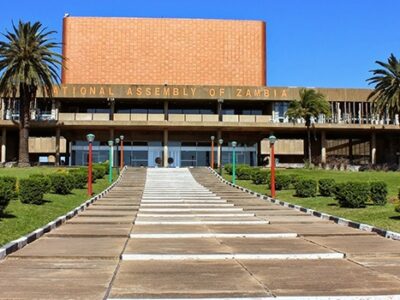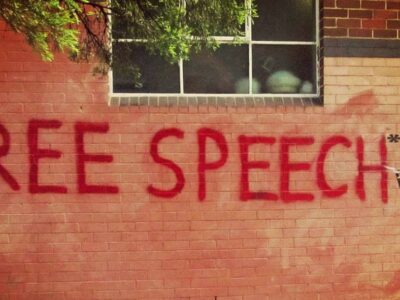In a democratic country like Zambia, a free and independent media is essential for holding those in power accountable, promoting transparency, good governance and facilitating public discourse.
The media shapes public opinion and fosters a culture of independence and free speech.
However, achieving a strong and independent media landscape in Zambia has been fraught with challenges, including intimidation, censorship and limited access to information, despite the enactment of the Access to Information law.
Addressing these challenges requires professional media training.
Such training equips journalists with the skills, knowledge, and resilience needed to report critically and independently, thereby strengthening democratic institutions and fostering a more engaged, diverse, vibrant and informed citizenry.
Read More: Lessons from abroad, international success stories to inspire Zambia’s development, by Hannet Mwimbe
Media training supports free speech by preparing journalists to effectively communicate and report on a broad range of issues, including politics, governance, and socio-economic development.
This training encompasses traditional reporting as well as digital media practices.
As digital platforms grow in importance, training in these areas ensures journalists can engage effectively with audiences and combat misinformation.
Furthermore, media training helps journalists build resilience and manage stress, enabling them to withstand intimidation and maintain their mental and physical well-being.
Informed publics are crucial for thriving democracies.
Beyond benefiting journalists, media training has a ripple effect on the community. Training programs often include outreach initiatives that educate the public about the role of the media and the importance of free speech.
These initiatives foster a better understanding of media practices and the value of independent journalism, encouraging public support for a free and vibrant press.
Gracious Kutemwa, a radio and TV presenter at ZNBC, noted that media training promotes diverse voices and helps marginalized groups articulate and share their stories.
“This contributes to a more inclusive media landscape, which is vital for a healthy democratic society,” she said. She added that media training also encourages open dialogue between different segments of society, fostering mutual understanding and respect.
“This dialogue is crucial for addressing social issues and promoting peaceful coexistence,” Kutemwa stated.
She emphasized that media training contributes to the overall health of democracy and governance in the country.
Meanwhile, Kamo Banda, a media and journalism student, highlighted that free speech is a cornerstone of democracy, allowing for the exchange of ideas and public discourse.
“Media training in Zambia can enhance free speech by providing journalists with the skills to express themselves effectively and responsibly,” she said.
Banda also noted that effective media training extends beyond the newsroom.
“By engaging with local communities, training programs can help raise awareness about the role of the media in democracy and the importance of free speech,” she stated.
In conclusion, media training is crucial for building a vibrant and diverse media landscape that reflects the needs of Zambian society.
It empowers voices, enhances democracy, and promotes a culture of free speech and independence in Zambia.
WARNING! All rights reserved. This material, and other digital content on this website, may not be reproduced, published, broadcast, rewritten or redistributed in whole or in part without prior express permission from ZAMBIA MONITOR.












Comments